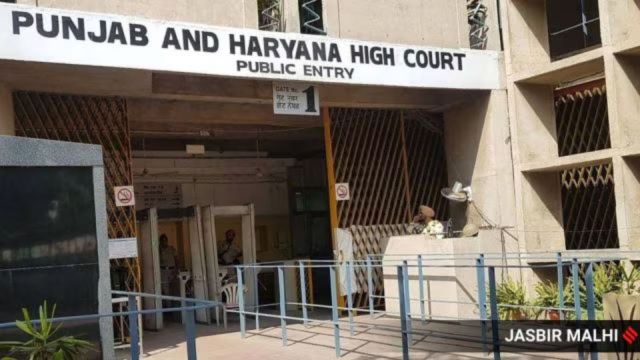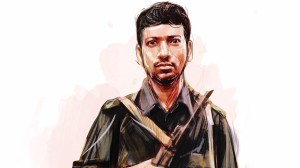High Court strikes down Faridabad SDM’s illegal interference in criminal case
Court orders inquiry into officials’ conduct, calls executive action a serious transgression into judicial functions
 In a strongly worded judgment, the High Court quashed the SDM’s order and the subsequent medical report, directing the trial court to proceed independently. (File Photo/Jasbir Malhi)
In a strongly worded judgment, the High Court quashed the SDM’s order and the subsequent medical report, directing the trial court to proceed independently. (File Photo/Jasbir Malhi)The Punjab and Haryana High Court has struck down an order passed by the Sub Divisional Magistrate (SDM), Badkhal, Faridabad, for unlawfully interfering in a pending criminal trial, calling it a serious violation of judicial independence and the separation of powers. Justice Harpreet Singh Brar also ordered a detailed inquiry into the conduct of the officials involved. The ruling has reignited debate over the balance between executive and judicial authority in India’s legal system.
The case arises from a violent attack on June 14, 2024, in Faridabad, where petitioner Harish Sharma, his son, and his nephew Vivek were assaulted by a group of individuals. CCTV footage captured the attack, in which Vivek suffered a severe head injury. The next day, an FIR was registered at Suraj Kund police station. A medical board constituted by Civil Hospital, Faridabad, later opined that Vivek’s head injury was dangerous to life. On January 28, 2025, charges were framed in the sessions court under the relevant IPC sections.
On March 21, this year, a relative of one of the accused approached the SDM seeking a fresh medical examination of Vivek’s injuries. This request had earlier been rejected by the Chief Judicial Magistrate on December 3, 2024, due to the long gap since the incident. Despite this, the SDM ordered the Chief Medical Officer, Faridabad, to set up a new medical board, which on April 7, 2025, concluded that the injury was grievous but not life-threatening—a finding that appeared to favour the accused. Neither Harish Sharma nor Vivek was notified or involved in the process.
Arguing for Harish Sharma, advocate Manoj Kaushik contended that the SDM’s actions amounted to gross executive overreach, violating principles of natural justice and due process. He stressed the lack of transparency and the potential prejudice to the petitioner. The state’s counsel struggled to justify the SDM’s conduct, admitting there were no precedents supporting such executive intervention in a criminal trial.
In a strongly worded judgment, the High Court quashed the SDM’s order and the subsequent medical report, directing the trial court to proceed independently. “Only the Courts are the sole adjudicator of the rights of the parties under the legal framework in administration of criminal justice,” Justice Brar observed. “Any attempt to usurp judicial functions by the executive would be resisted by this Court fulfilling its role as a Constitutional Court and guardian of the Constitution and Rule of Law.”
The judgment cited Supreme Court precedents, including I.R. Coelho vs State of Tamil Nadu (2007), and drew on A.V. Dicey’s concept of the rule of law to underline the importance of judicial autonomy.
Justice Brar further noted that the SDM’s actions had caused irreversible consequences to the petitioner and described them as mala fide and arbitrary, possibly motivated by improper considerations. He directed the Chief Secretary and the Additional Chief Secretary, Department of Health, Haryana, to conduct fact-finding inquiries into the conduct of the SDM and the medical board members involved. These inquiries must conclude within three weeks, with compliance reports to be filed by May 26. The court also ordered that departmental action be considered against the officials if misconduct is found.
The matter will be heard again on May 26.







